
KEYNOTES
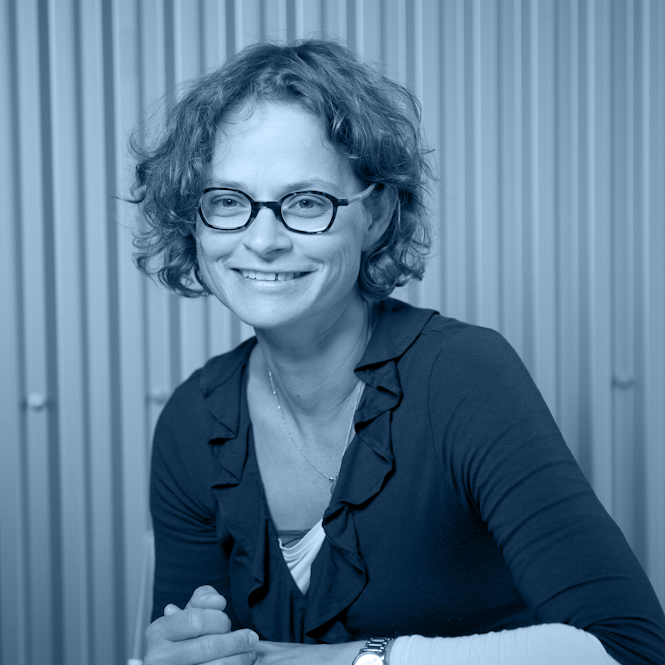
Dr. ir. Astrid Blom
Dr. ir. Astrid Blom’s research focuses on the (long-term) morphodynamics of sand-gravel rivers, as well as mass conservation models for mixed sediment that account for the stochastics of bedform geometry and sorting mechanisms within dunes.
Dr. ir. Astrid Blom studied Civil Engineering at Delft University of Technology and did her MSc thesis work in collaboration with the former WL Delft Hydraulics (now part of Deltares). At Twente University she received her PhD cum laude for her work on the interaction between the flow and sand-gravel mixtures in rivers, a subject she has since specialised in. While during earlier years she primarily studied the more detailed processes of sediment sorting, she now focusses on sediment sorting mechanisms at a larger scale. “Some of the smaller-scale effects are included in our large-scale models, as sometimes you need to account for them to understand the mechanisms that act on a large scale. Do we, for instance, need to include turbulent eddies in a parameterised manner or should we describe them in detail, and, if so, how?”
Another thing that has changed over the years is the time she has left for doing research. “The more you grow, the more time you spend being an advisor and a coach, yet I gain a great deal of satisfaction from my own research. This has become a constant search for a good balance. After a couple of days chock-a-block with administrative activities I definitely need to recharge my batteries by working on my own research.”
Dr. Katharina Besemer
Dr. Katharina Besemer is currently working at the University of Vienna as a senior postdoc on a Schrödinger-fellowship from the Austrian Science Fund.
“I believe that understanding freshwater systems is vital to protect freshwater ecosystems and preserve our most important resource – clean water. I am fascinated by the microbes that inhabit freshwater ecosystems because in spite of their small size, microbes greatly contribute to ecosystem functions and even to global biochemical cycles. Especially microbial biofilms, the ensemble of autotrophic and heterotrophic microorganisms that grow at the sediment-water interface of streams and rivers, play a key role in the self-purification processes of streams and rivers.
My research focuses on the structure and function of microbial communities in streams and rivers. Microbes are the most abundant and diverse organisms on earth and I am particularly interested in the distribution of this huge biodiversity in landscapes ranging from millimeters to kilometers. I apply next-generation sequencing technologies to characterize microbial communities and interpret the data within the framework of ecological theory. Understanding the interactions of biofilm microorganisms with their environment is crucial to predict the functioning of aquatic ecosystems in the context of global change.”
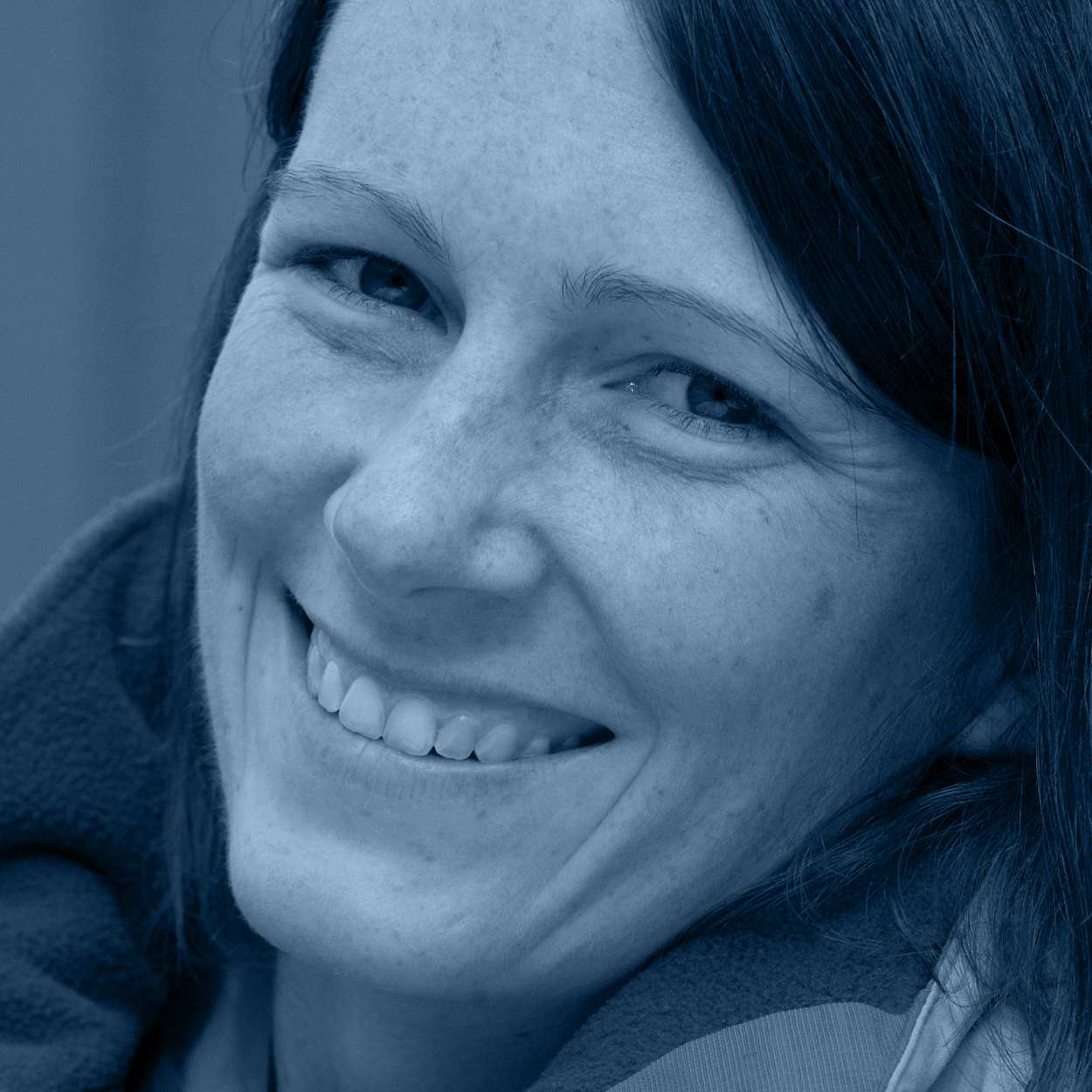
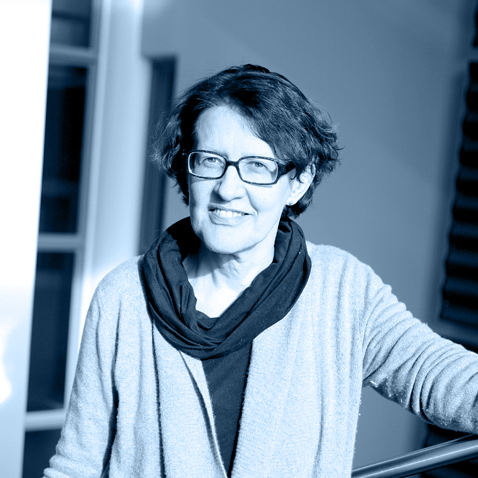
Prof. Kaarina Sivonen, PhD
Kaarina Sivonen is Professor of Microbiology and the Head of the Department of Microbiology and leads the Microbial Resources Research Group. Before she was vice-director of the Research Center of Excellence on “Integrative Photosynthesis and Bioactive Compound Research at System Biology Lever” and Director of the Microbial Resources Research Center of Excellency (Applied Microbiology Research Programme).
Kaarina Sivonen received her PhD from University of Helsinki in agriculture and forestry. As part of her studies, she was a Fellow at Eötvös Lorand University in Budapest, Hungary. She pursued postgraduate studies at Wright State University (Dayton, Ohio) in the United States. Kaarina Sivonen worked as a research assistant, junior researcher and senior researcher at the University of Helsinki and the Academy of Science
Cyanobacteria (blue-green algae) carry out oxygen evolving plant-like photosynthesis and are thus important for the survival of life on Earth through the production of oxygen and sequestration of carbon dioxide. In aquatic environment they may form harmful toxic mass occurrences which pose a serious health hazard for animals and human beings. Some of them are also able to fix nitrogen and form symbioses (e.g. lichens). Cyanobacteria are prolific source of biomedically interesting bioactive compounds.
Sivonen specializes in cyanobacterial research. Her research team once found that toxic cyanobacterial blooms are an annual phenomenon in the Baltic Sea [7] and common in our lakes. Studies show that cyanobacteria can also be used as active pharmaceutical ingredients [8]. In spring 2019 she had over 240 scientific publications, according to the ORCID list.
Bridget Deemer, PhD
Bridget Deemer is a research ecologist at the U.S. Geological Survey’s Grand Canyon Monitoring and Research Center. Her research there informs the Glen Canyon Dam Adaptive Management Program as well as the Lake Powell Water Quality Monitoring Program. She is also passionate about understanding the role of artificial reservoirs in the global carbon balance and practicing the process of scientific writing.
Bridget Deemer received her PhD from the School of the Environment at Washington State University where she studied reservoir nitrogen removal and greenhouse gas production in the Global Change and Watershed Biogeochemistry Lab. There she was involved in a policy-oriented traineeship that developed her passion for work that crosses the science/policy boundary. Broadly, her research aims to understand how human activities are affecting the way that energy and nutrients cycle through ecosystems. Specifically, she is interested in identifying reservoir management win-wins as well as trade-offs, which is critical as the quantity and quality of water becomes increasingly variable under a changing climate. Currently, she is working on a project to understand how conditions in Lake Powell (and the associated management of Glen Canyon Dam) are affecting ecosystem metabolism in the Colorado River.
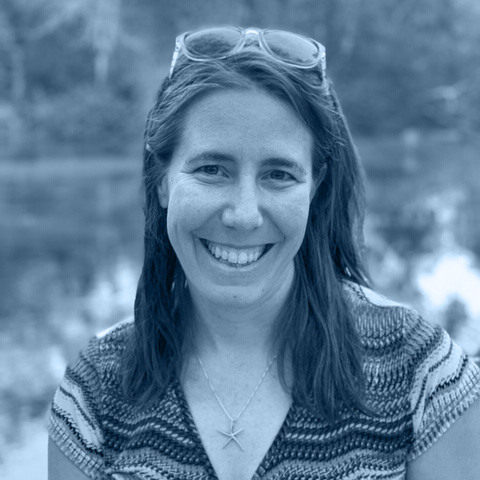
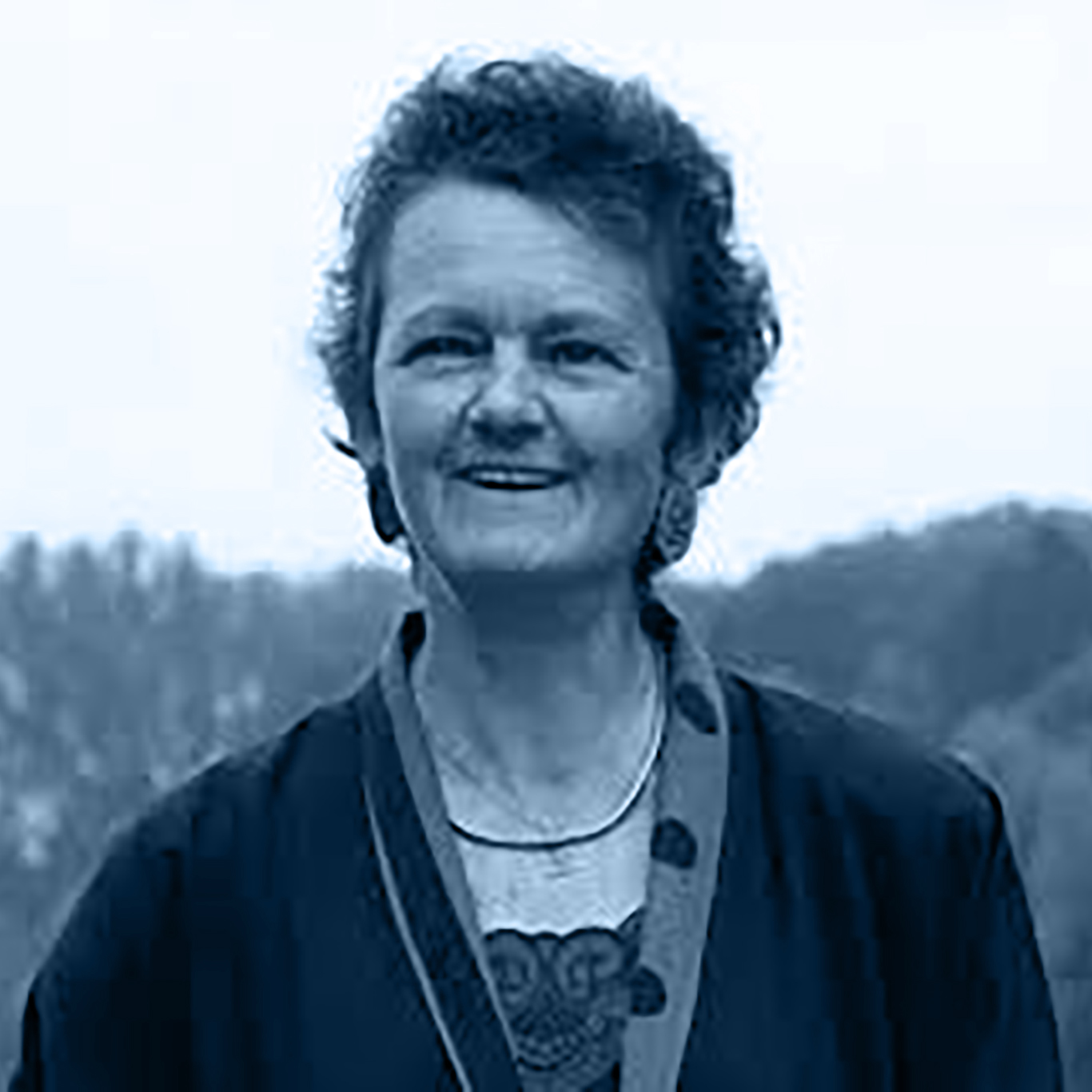
Prof. Dr. Claudia
Pahl-Wostl
Claudia Pahl-Wostl is full professor for resources management and director of the Institute for Environmental Systems Research at the University of Osnabrück, Germany, and co-chair of the Global Water System Project (www.gwsp.org). Her major research interests are adaptive, multi-level governance and management of water resources, social and societal learning and their role in sustainability transformations, and conceptual and methodological frameworks to analyze social-ecological systems.
She is an internationally leading scholar on governance and adaptive and integrated management of water resources and the role of social and societal learning. Her research programme builds on foundations in systems science, which explicitly acknowledge the complex and often unpredictable dynamics of the systems to be managed. In 2012 the Bode Foundation Water Management Prize was awarded to Prof. Pahl-Wostl for the pioneering interdisciplinary work on “Governance in times of change” and comparative analyses of water governance in large river basins.
After studying chemistry and molecular biology in Heidelberg Claudia Pahl-Wostl received her doctorate from the Biocenter of the University of Basel and the habilitation at ETH Zurich. In 2001 she was appointed full professor for resources management of the University Osnabrück located at the Faculty of Mathematics and computer science.
When did the enthusiasm for dealing with water as a resource get her? Looking back, Pahl-Wostl describes the chemical accident on the Rhine in 1986 as her key experience. How can such fatal events be countered in the future? A question that has determined her scientific commitment ever since.
Recent research interests include the water-energy-food nexus and SDG implementation and social-ecological-network analysis.